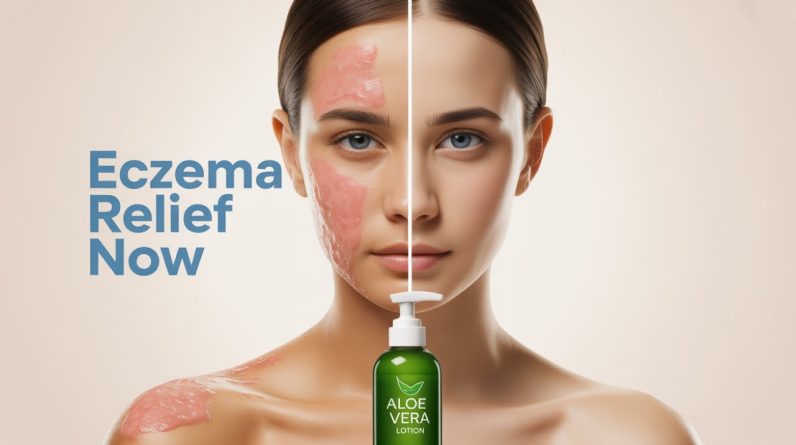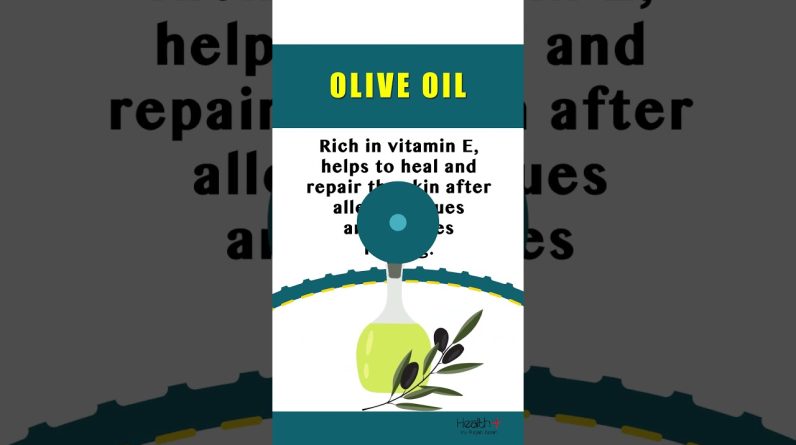Imagine it’s a regular day. You are on a field trip, and suddenly you start sneezing. Your eyes start watering, and your throat feels itchy. You realize pollen allergies have kicked in and struggle to find a pack of tissues in your bag. Usually, an allergy pill works, but it has a side effect of drowsiness. You can’t risk feeling sleepy so now you’re stuck dealing with allergies. If only there were a way to eliminate the allergies without side effects!
Surprisingly, some natural foods, also called antihistamine foods, can do just that! In today’s video, let’s discuss some natural solutions to end your allergies. Do oranges and lemons help? What about fish oil? We’re talking about all that and more.
Other videos recommended for you:
🎥WATCH : 9 Amazing Health Benefits Of Apple Cider Vinegar –
🎥WATCH : 11 Foods That Are High In Iron & Why Iron Is Important –
—————————————————————————————-
⚠️Medical Disclaimer:
—————————————————————————————-
#Allergies #AntiAllergicFoods #Bestie
✅ Sources:
⌛Timestamps:
⏱️ Intro – 0:00
⏱️ What Exactly Are Antihistamines – 00:41
⏱️ Vitamin -C Rich Foods – 02:21
⏱️ Fish Oil – 03:11
⏱️ Black Cumin Seed Oil – 04:01
⏱️ Quercetin – 05:08
⏱️ Stinging Nettles – 05:46
⏱️ Bromelain – 06:15
⏱️ Probiotics – 06:53
⏱️ Vitamin D – 07:35
⏱️ Butterbur – 08:09
🎵 Music:
✍️ Summary:
What exactly are antihistamines?
Every year, 60 million Americans suffer from allergies due to hay fever, conjunctivitis, or hypersensitivity to insect bites and bee stings.
Look for Vitamin -C rich foods to mellow down allergies.
The medical world consistently links this vitamin to better immunity. During the pandemic, we saw the importance of vitamin C. but there is more to it. You can use Vitamin C to treat allergies due to its anti-inflammatory and antioxidative properties.
Next on our list is fish oil.
Aim at eating at least 1-2 servings of fatty fish each week to stay fit. Herring, tuna, anchovies, salmon, and mackerel can be a great addition to your diet. They contain omega-3 fatty acids, which have numerous health advantages and can fend off several ailments.
Moving along, have you heard of black cumin seed oil?
This oil is not a novelty. It has recently gained popularity for treating aching joints and maintaining weight among holistic healers.
Antioxidants like quercetin also help.
Apples, red grapes, onions, capers, berries, and black tea are natural sources of quercetin. Research shows quercetin to efficiently manage allergic rhinitis, atopic dermatitis, and eczema.
The next herb that is a powerful antihistamine is stinging nettles.
When you brush across the bush, the hairy stem and leaves give out a stinging feeling. That’s why the name is scary. You’ll find stinging nettles throughout North America, Europe, and Africa.
Next up is bromelain.
Wondering what that is? It’s an enzyme found in papaya and pineapples. It is a popular natural treatment for swelling, particularly in the sinuses and after surgery or injury.
Moving along, how often do you have probiotics?
There are billions of bacteria and microorganisms in your gut. Is your inner germaphobe shuddering? Don’t worry. Your gut microbiota is crucial to your overall health.
One more vitamin that kills allergies is Vitamin D.
Allergic rhinitis, asthma, eczema, and anaphylaxis, can be related to vitamin D deficiencies. Vitamin D mediates the allergy-causing cell reactions. Lack of this vitamin can cause a flare-up of allergies.
Lastly, we have an unconventional shrub: butterbur.
This shrub is native to Asia, Europe, and some regions of North America. People use it to produce butterbur extract. It treats hay fever, allergic rhinitis, and migraines.
For more information, please watch the video until the very end.
—————————————————————————————-
Subscribe to Bestie :
—————————————————————————————-
Our Social Media:
Facebook:
Instagram:
source








